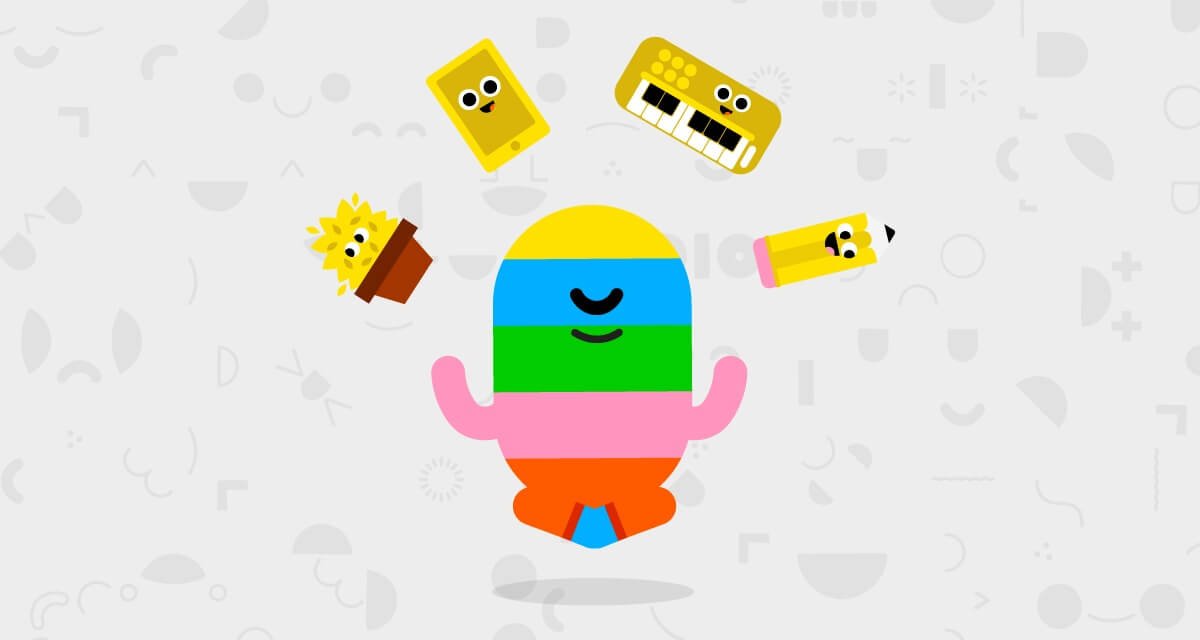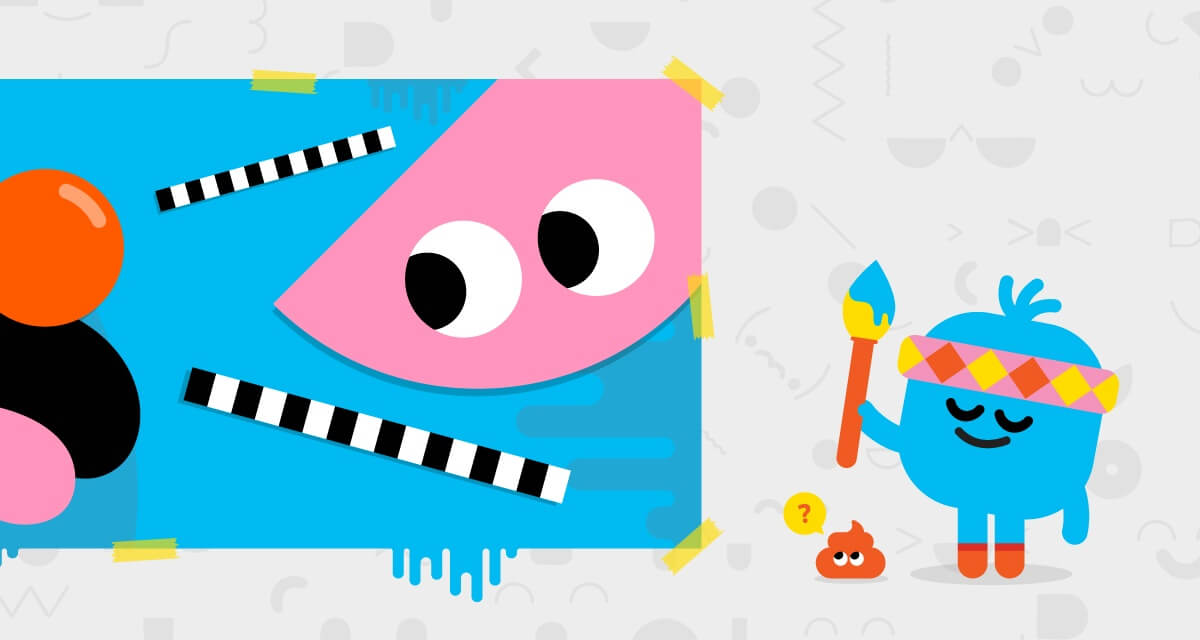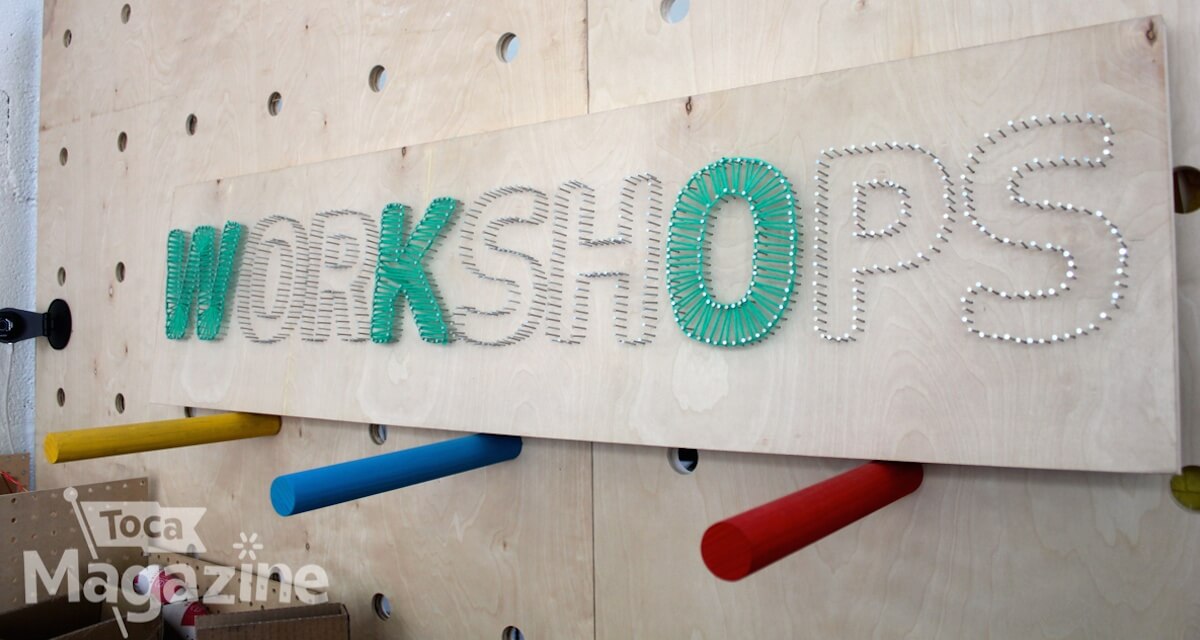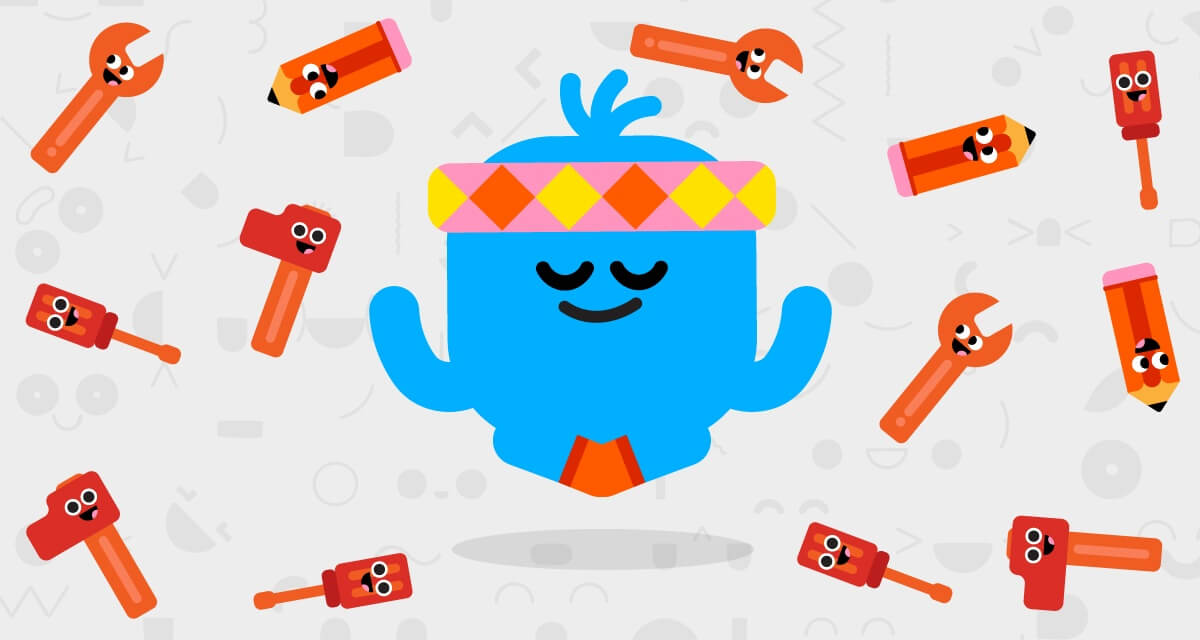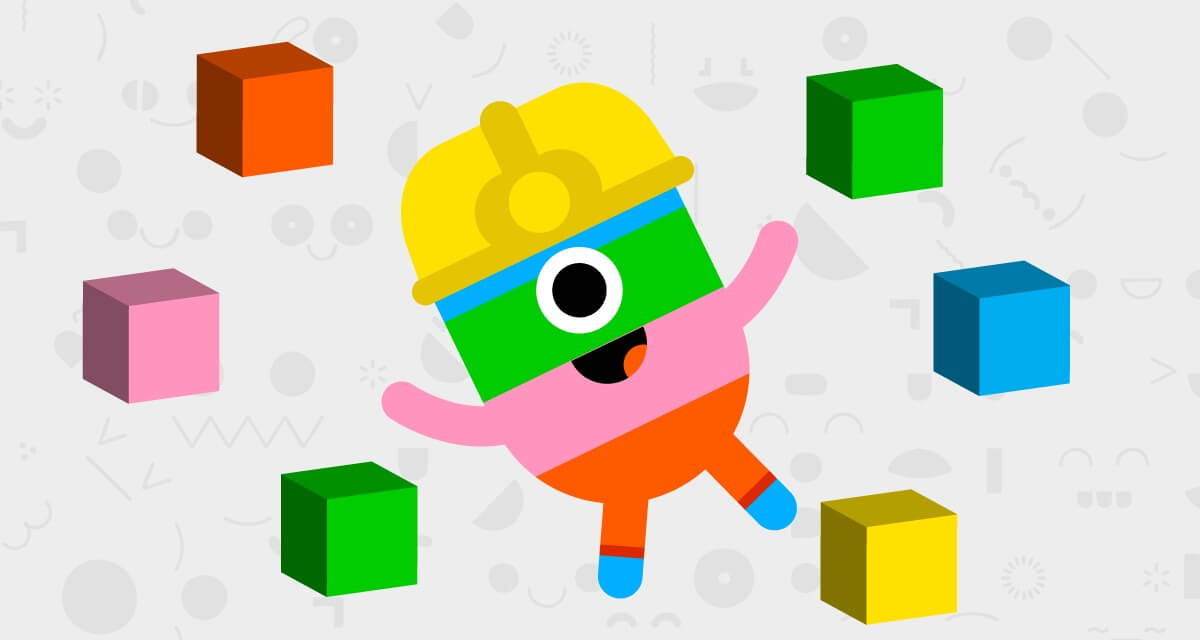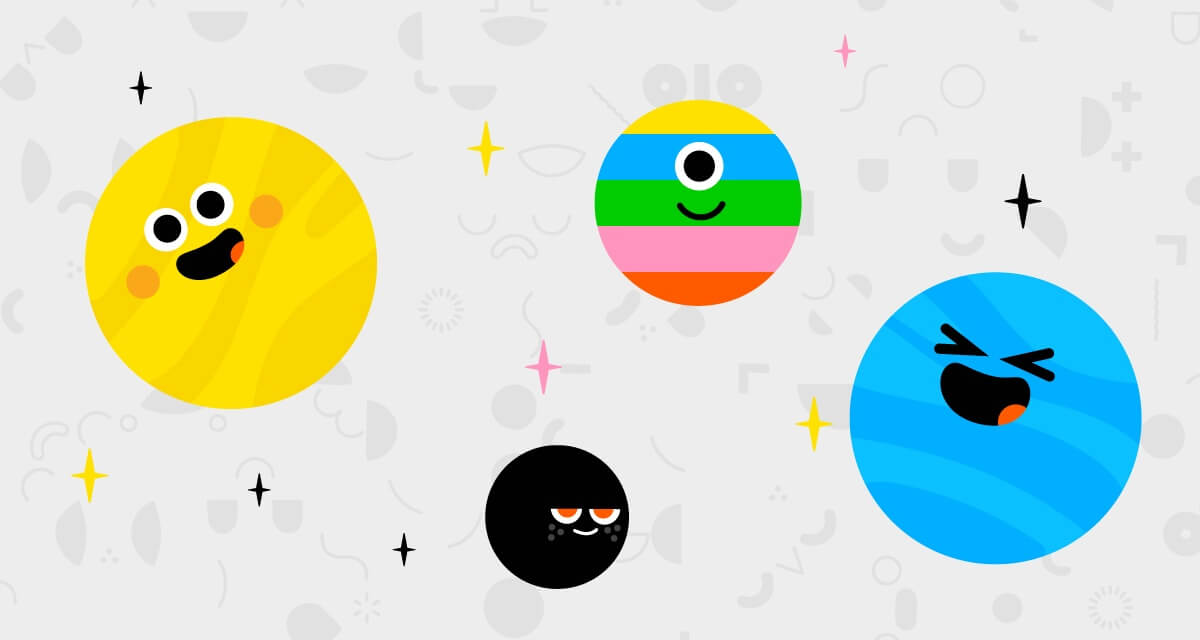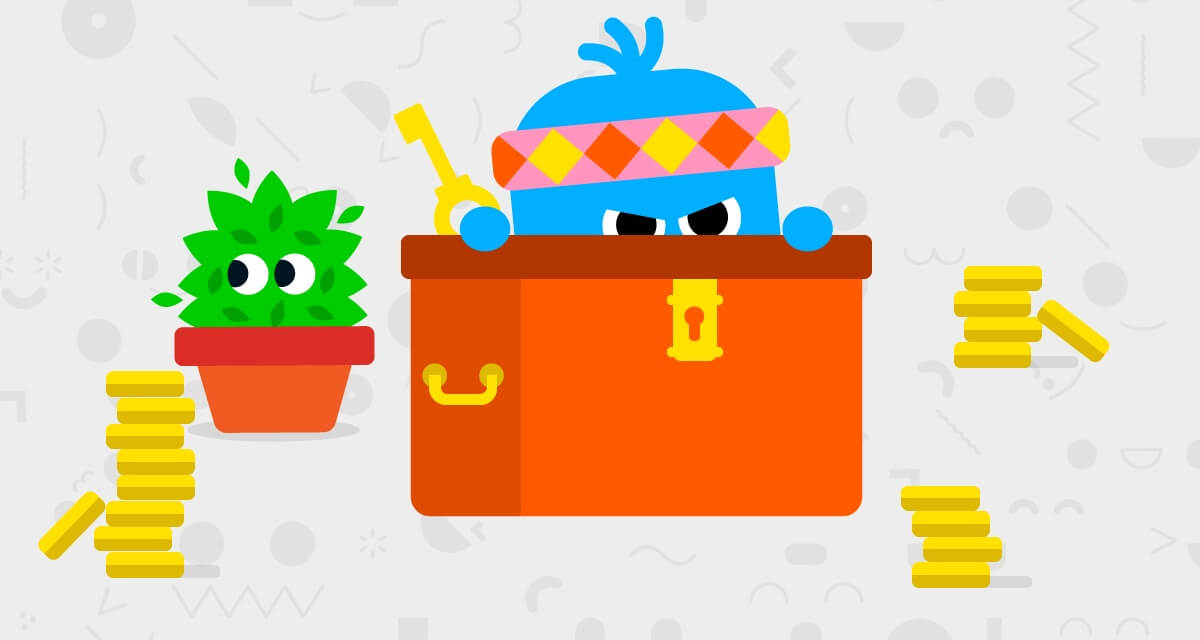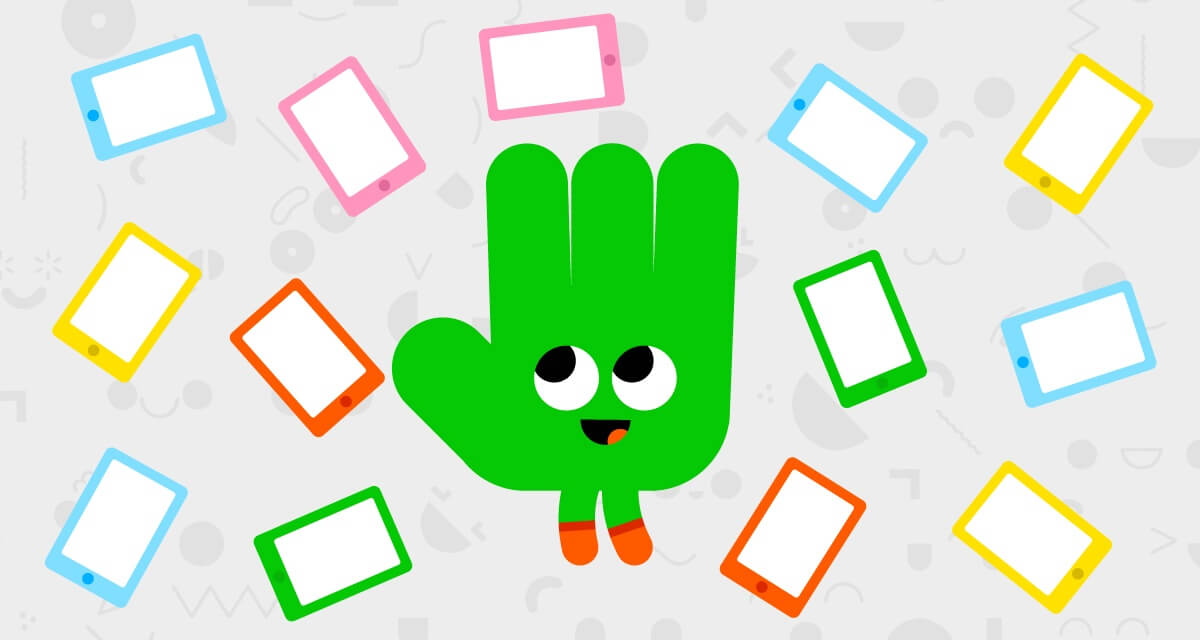- By
- Parker Barry
For DIY CEO Zach Klein, the idea of kids following their passions is one that hits close to home.
When he was 11, he was really into making websites. “A lot of people actively discouraged me from spending so much time on the computer,” he told Toca Magazine. “I wonder if I would have gotten the same level of discouragement if adults in my life had understood how those skills would later become invaluable to a massive industry, an economy-changing industry.”
Fast-forward a couple of decades. Zach — who went from that 11-year-old kid making websites to co-founder of Vimeo — has another passion: Helping kids today explore their own passions. Toca Magazine talked with Zach about DIY and kids’ passions.
Toca Magazine: Kids on DIY are able to connect with other kids who share their passions. What’s that like for them?
Zach: For a lot of these kids, it’s the first time that they’ve ever participated in an open social environment online, and it’s really exciting simply to meet other people that live elsewhere that share their passions. They just feel connected where they might otherwise feel alone in their passions wherever they live.
Toca Magazine: So some kids aren’t getting the support for their passions in their own communities — something you could relate to as a kid. Why is that?
Zach: I see a lot of latent potential in kid passions, and I think too much of childhood and too much of traditional schooling is discouraging those passions and trying to get kids excited about the adult world and “practical things.”
Toca Magazine: On Toca Magazine, we’ve explored kids’ passion for Minecraft, which some parents view as an obsession. What’s your take?
Zach: There’s a huge debate about whether we should love or hate Minecraft. Obviously there’s something middle of the road, like: It is true that kids could be spending too much time on screen, but … what will be possible in the world now that an entire generation knows how to model in three dimensions? That’s a skill that no previous generation has ever had. What sort of art, what sort of communication, what sort of architecture, what sort of business will now be possible because an entire population has this skill?
We can’t predict it, and rather than trying to discourage it, we are more interested in trying to figure out how to help kids find the potential for it.


